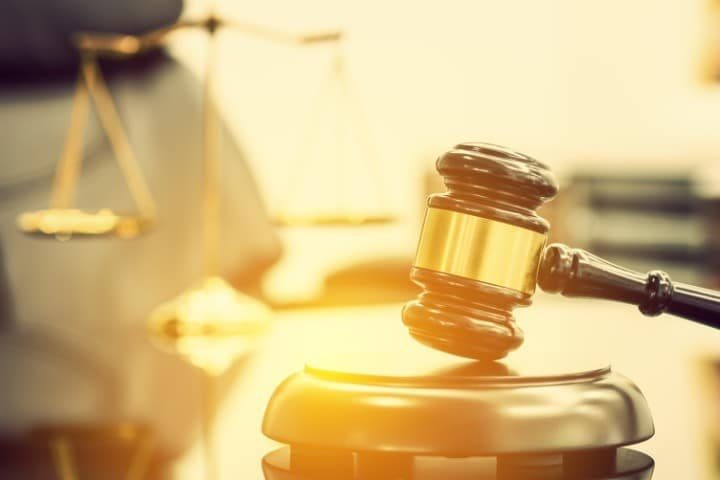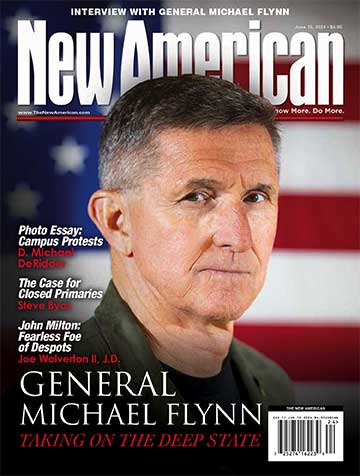
The Supreme Court of the United States (SCOTUS) heard arguments Tuesday in Gonzalez v. Google, which challenges Section 230 of the 1996 Communications Decency Act. The case questions whether tech companies are liable for the material posted on their platforms, and was brought by the family of an American college student who was killed during a 2015 ISIS attack in Paris, purportedly due to YouTube’s recommendations of pro-ISIS videos.
Currently, Section 230 affords companies like Facebook, Twitter, and Google protection from libel lawsuits: “No provider or user of an interactive computer service shall be treated as the publisher or speaker of any information provided by another information content provider.” Section 230 also allows social platforms to moderate their services by removing posts that they deem obscene or that violate their standards.
The Gonzalez case led to the confusion of justices during oral arguments. This brings to light another concern — Is SCOTUS well-suited to redraw the lines around when companies should be immune from liability?
“I’m afraid I’m completely confused by whatever argument you’re making at the present time,” Justice Samuel Alito said during an exchange with Eric Schnapper, the lawyer representing the Gonzalez family, about YouTube’s use of video “thumbnails,” reported The Washington Post.
The Hill shared that “Conservative Justice Clarence Thomas, the only justice to have previously expressed doubts about the breadth of Section 230’s protections publicly, similarly expressed confusion and in the early moments of the argument said Schnapper needed to give the justices a “clearer point.” Justice Elena Kagan added, “These are not, like, the nine greatest experts on the internet.”
Justice Brett Kavanaugh took a logical stance by suggesting that perhaps it should be left up to Congress — not the court — to change the law. “Isn’t it better … to put the burden on Congress to change that, and they can consider the implications and make these predictive judgments?” Kavanaugh asked.
Lisa Blatt, who represented Google, said the protections provided under Section 230 “created today’s internet” and have allowed tech companies to innovate.
“Blatt argued that algorithmic recommendations are essential for companies to organize massive amounts of third-party content, and she asserted that not protecting recommendations would expose internet companies to constant litigation and run smaller firms into the ground,” reported The Hill. She admitted that Section 230 protects against “algorithms developed with more nefarious purposes” in addition to neutral algorithms.
Justice Ketanji Brown Jackson noted that Congress’ intent in passing Section 230 was to “protect internet companies that take down third-party content in good faith.”
“You’re saying the protection extends to internet platforms that are promoting offensive material. So it suggests to me that it is exactly the opposite of what Congress was trying to do in the statute,” Jackson said in response to Blatt’s testimony.
Justice Amy Coney Barrett mentioned that the court might not have to weigh in on Section 230 and questions about the liability shield at all, pending the outcome of a separate but related case. SCOTUS today will hear oral arguments in Twitter, Inc. v. Taamneh, which also focuses on tech companies’ liability for terrorism-related content.
“If you lose [Taamneh], do we even have to reach the Section 230 question here? Would you concede that you would lose on that ground here?” Barrett said on Tuesday.
The Taamneh case will interpret the anti-terrorism law that the Gonzalez case says holds Google liable. After Wednesday’s arguments in Taamneh, SCOTUS may just decide to ask the lower court to first consider Google’s underlying liability to see if the Section 230 protections are even needed.
To be clear, the justices are quite aware that the outcome of these cases could reshape the internet as we know it. Online speech could be drastically transformed forever, especially if the protections of Section 230 are dissolved.
“The primary thing we do on the internet is we talk to each other. It might be email, it might be social media, might be message boards, but we talk to each other. And a lot of those conversations are enabled by Section 230, which says that whoever’s allowing us to talk to each other isn’t liable for our conversations,” said Eric Goldman, a Santa Clara University professor specializing in internet law. “The Supreme Court could easily disturb or eliminate that basic proposition and say that the people allowing us to talk to each other are liable for those conversations. At which point they won’t allow us to talk to each other anymore.”




